There are several different types of veneers available, but by far the two most popular are porcelain veneers and composite veneers. Both can be used to great effect to transform the smile of a patient, and they both have some pros and cons which can help determine the best choice for your situation. Here we'll compare porcelain veneers and composite veneers to help you make the right decision.
Price
Porcelain veneers are substantially more expensive than composite veneers, and you can expect to pay almost twice as much per tooth if you opt for porcelain. There are several reasons for this.
Having porcelain veneers fitted will require at least two visits to the dental office, occasionally more. This will be for preparation and fitting, so you're paying for the dentist's time at least twice. There are also lab fees involved, as the veneers are custom made in a lab before being sent to the dentist for fitting.
Composite veneers cost less as they can normally be completed in a single visit, and there are no lab fees involved with the treatment. The dentist can apply and sculpt the composite in one visit, and although it can be a longer appointment it usually results in a lower price for the patient.
Results
When it comes to results, you generally get what you pay for then it comes to veneers. Porcelain veneers look great and the difference they can make to a smile is remarkable. They will last a lot longer than composite veneers and, provided you take good care of them, can last upwards of 20 years.
Composite veneers can make a big difference to your smile, helping correct minor cosmetic issues like small gaps, cracked or damaged teeth and even slight misalignments. If you have a few minor dental issues then composites can really help transform your smile.
One thing to remember is that the results from composite veneers are almost entirely reliant on the ability of the dentist to shape and finish the composite. While porcelain veneers are made in a controlled environment in a laboratory, the composite is directly applied and shaped during your appointment. While the vast majority of patients will see outstanding results, there's always the possibility that you won't see quite the same transformation as with porcelain.
Treatments
Composite veneers are ideal for fixing slightly damaged, discoloured or misaligned teeth. They are the ideal way of fixing small chips and cracks without the more substantial investment of porcelain veneers, and are often the recommended choice for patients with minor cosmetic issues.
If there's more substantial damage or staining to the teeth then porcelain veneers are usually the preferred option. With a little preparatory work to your existing teeth, porcelain veneers can be used to completely rebuild your smile and provide you with perfectly white, perfectly shaped teeth.
It ultimately comes down to how much damage there is to your teeth and how much you are willing to invest in the treatment. If money was no object, porcelain veneers would be the choice as they produce better results for the vast majority of people. However, when it comes to fixing minor cosmetic problems, composite veneers are an affordable and effective alternative.
Sources and References
-
[1]
10-year practice-based evaluation of ceramic and direct composite veneersDental Materialshttps://pubmed.ncbi.nlm.nih.gov/35379471/
-
[2]
Survival and Complication Rates of Resin Composite Laminate Veneers: A Systematic Review and Meta-AnalysisJournal of Evidence-Based Dental Practicehttps://pubmed.ncbi.nlm.nih.gov/38035903/
-
[3]
Randomized clinical trial on indirect resin composite and ceramic laminate veneers: Up to 10-year findingsJournal of Dentistryhttps://pubmed.ncbi.nlm.nih.gov/31181242/
-
[4]
Advances in dental veneers: materials, applications, and techniquesClinical, Cosmetic and Investigational Dentistryhttps://pmc.ncbi.nlm.nih.gov/articles/PMC3652364/
All sources accessed and verified on . Medical information reviewed for accuracy and compliance with current guidelines.
Related Articles

Alternatives to Veneers
Comprehensive guide to cosmetic dentistry alternatives to veneers, including teeth whitening, microabrasion, orthodontics, tooth recontouring, and dental bonding
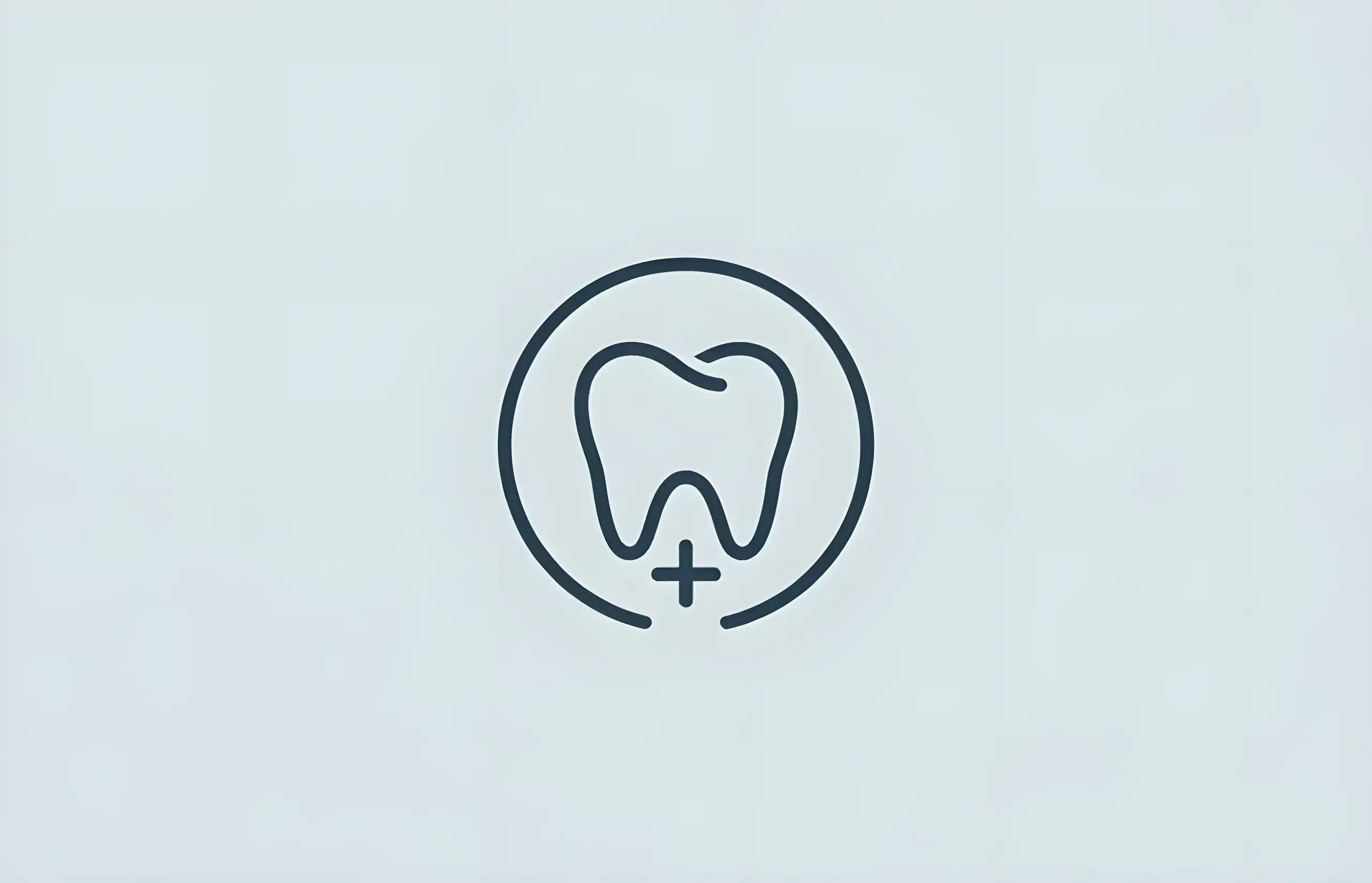
Are Dental Veneers Safe?
Comprehensive guide to dental veneer safety, including risks, complications, success rates, and important considerations for this popular cosmetic procedure

Are Veneers Bad for Your Teeth?
Comprehensive guide to how veneers affect your teeth, including enamel removal, long-term effects, proper placement, and important considerations

Are Veneers Covered By Dental Insurance?
Complete guide to dental veneer insurance coverage, when veneers may be covered, costs without insurance, and other dental procedures typically covered by insurance

How Much Do Composite Veneers Cost?
A comprehensive guide to composite veneer costs, comparing prices with porcelain veneers and understanding what affects the price

How Much Do Dental Veneers Cost in the UK?
Comprehensive guide to dental veneers including history, materials (composite, porcelain, lithium disilicate), treatment process, costs (£200-£1000 per tooth), longevity, care instructions, and cost factors

Do Veneers Fall Off?
Comprehensive guide to veneer longevity including survival rates, causes of debonding and failure, composite vs porcelain durability, prevention strategies, and how to protect your veneers
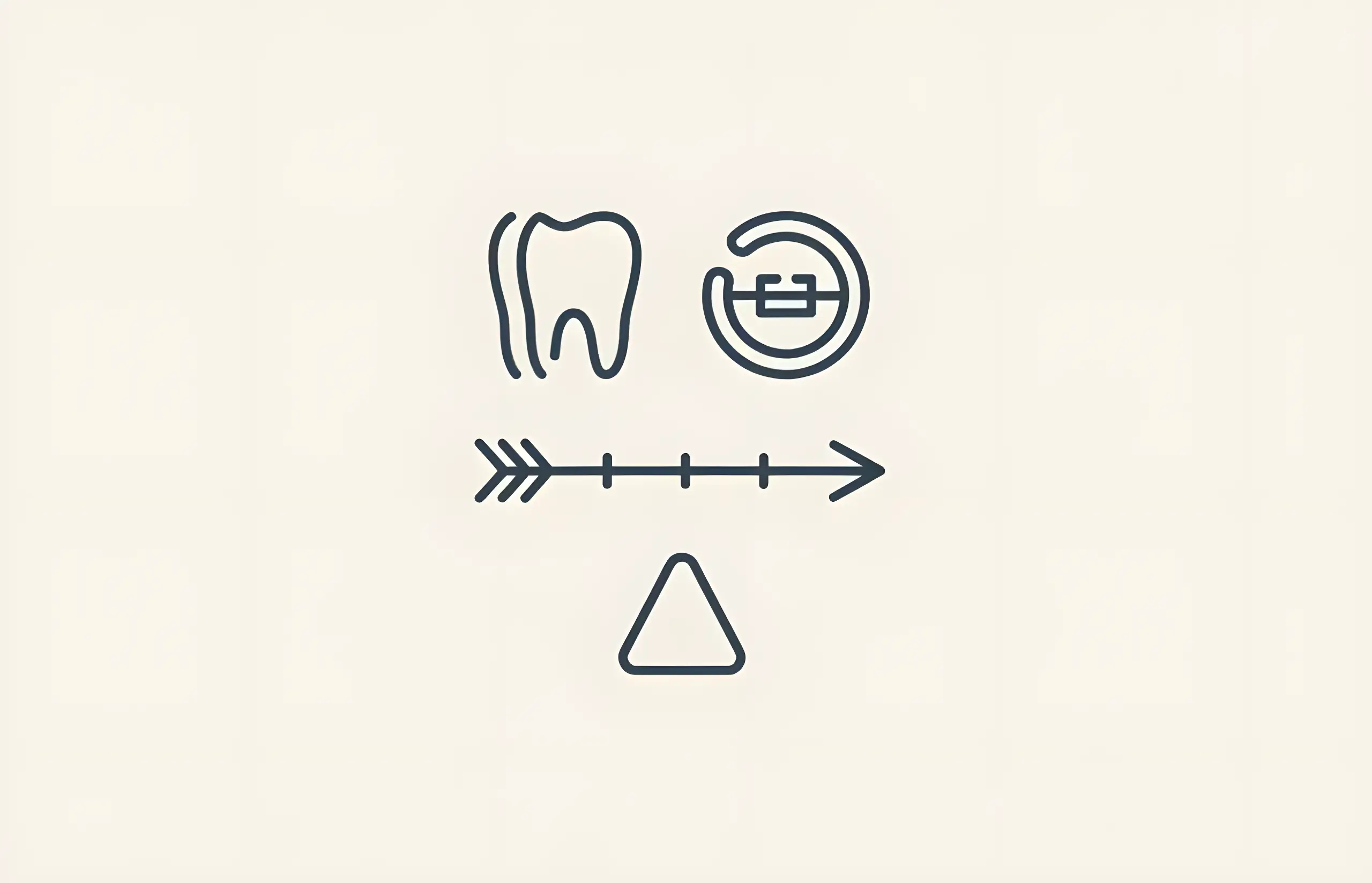
How Long Do Veneers Last?
Comprehensive guide to veneer longevity including survival rates, replacement considerations, irreversible enamel removal, color stability issues, and alternative restoration options
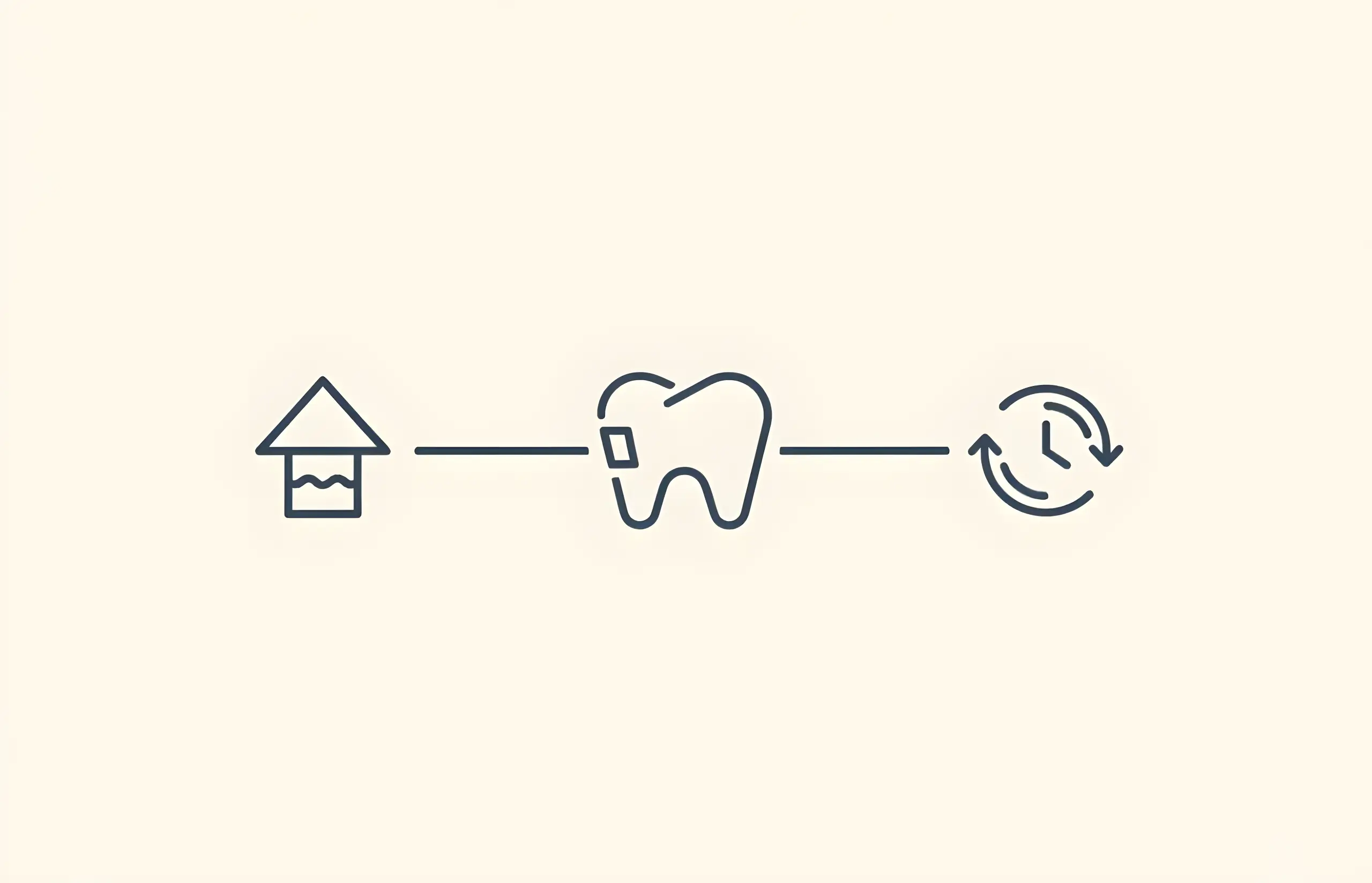
How Long Does It Take To Get Dental Veneers Fitted?
Complete Timeline Guide (3-4 Weeks Total, 94.4% Survival at 5 Years, 93.5% at 10 Years)
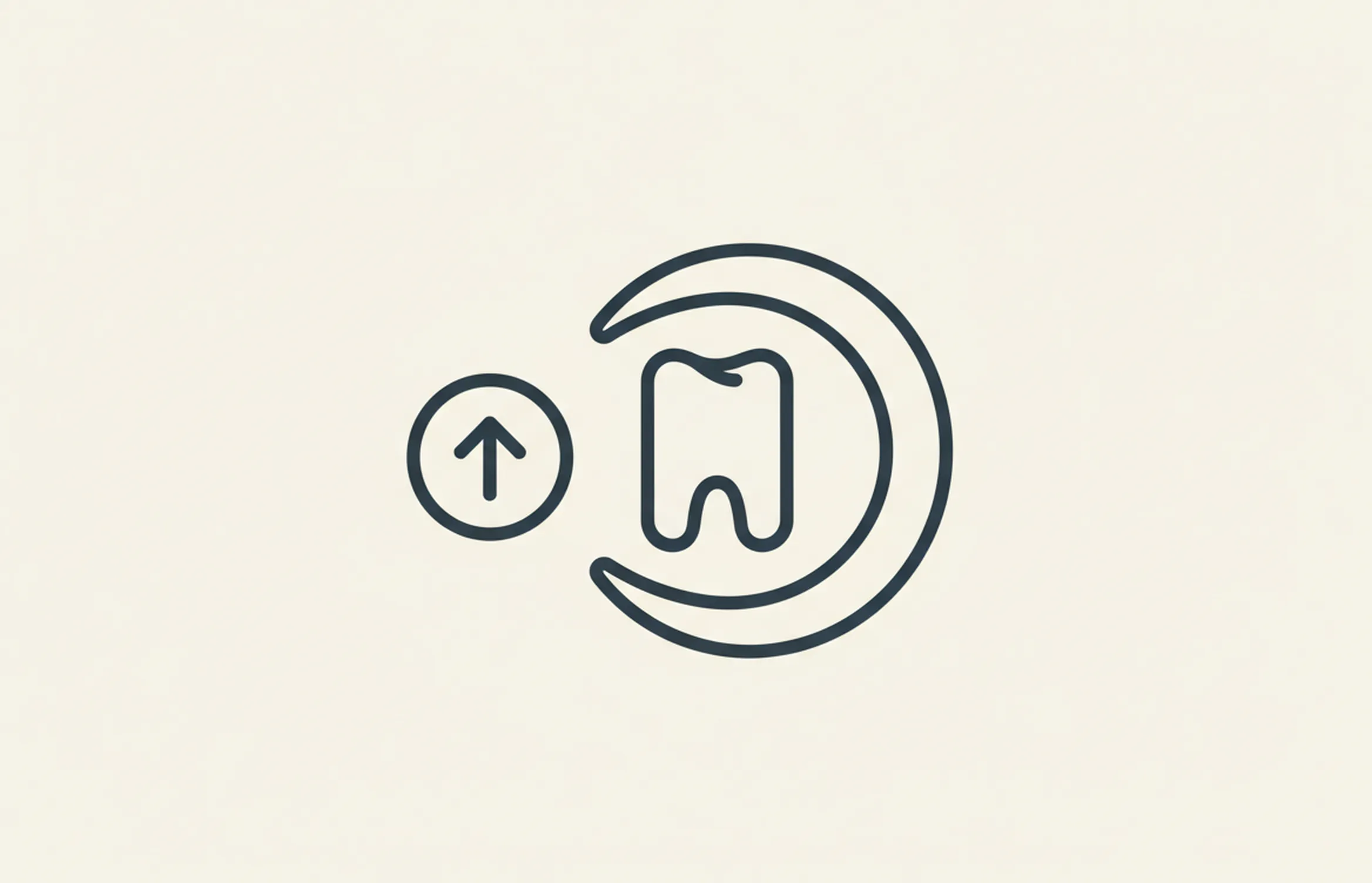
How Old Do You Have To Be To Get Veneers?
Comprehensive guide to age requirements for dental veneers, tooth development considerations, adolescent veneers, enamel bonding requirements, and factors affecting veneer candidacy

Do Porcelain Veneers Stain?
Comprehensive guide to porcelain veneers staining resistance, marginal discoloration (most common complication), color stability compared to composite, beverage effects (Coca-Cola worst, coffee second), surface roughness impact, and prevention strategies

The Pros and Cons of Veneers
Learn about the advantages and disadvantages of porcelain veneers including improved appearance, durability, stain resistance, cost, maintenance, and who is a suitable candidate
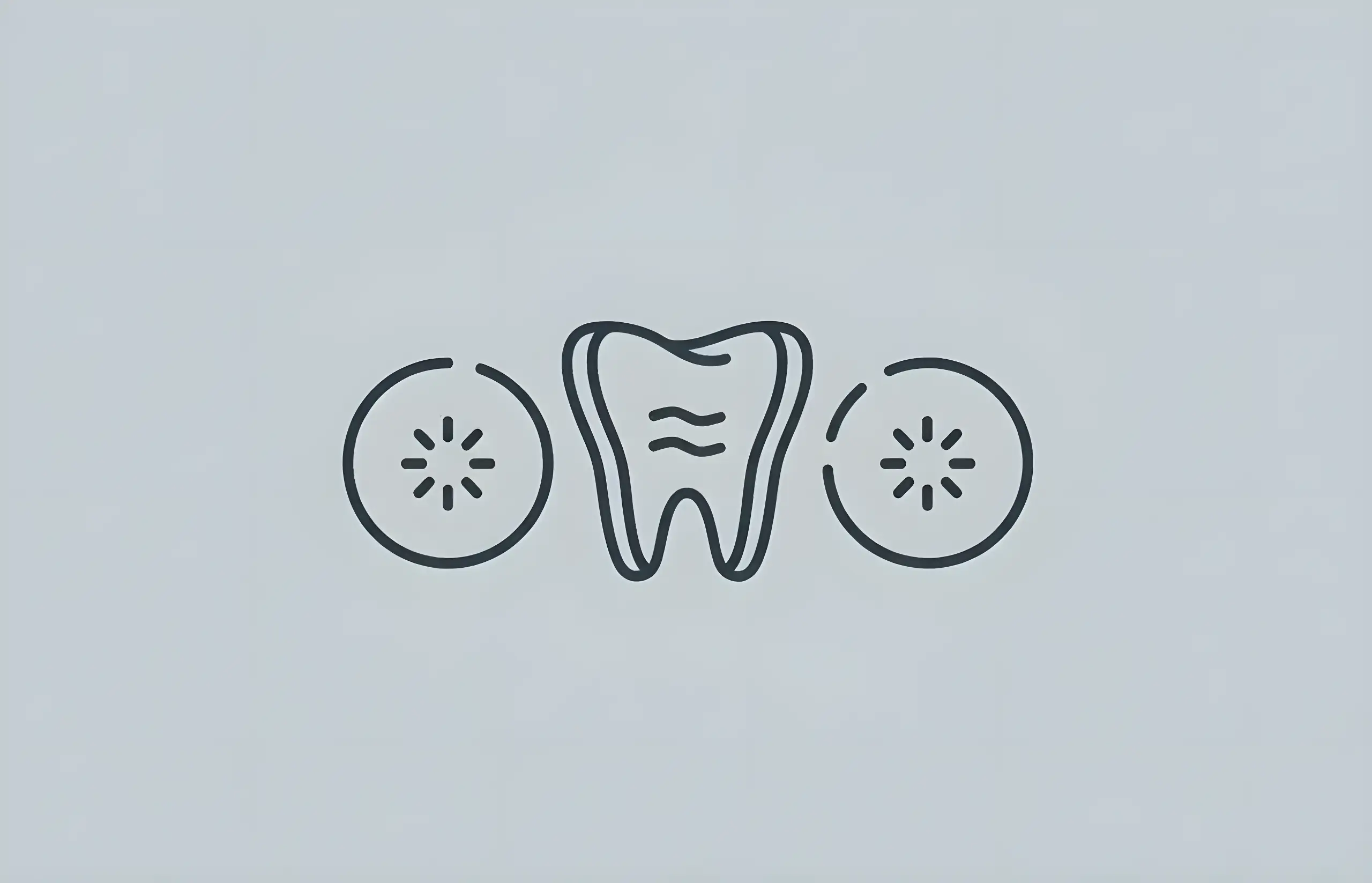
Sensitive Teeth After Veneers
Understanding causes, treatment options, and what to expect when experiencing tooth sensitivity after veneer placement

Different Types of Veneers
Comprehensive guide to veneer types including porcelain, composite, instant, and removable veneers with survival rates, costs, pros and cons, and how to choose the right option

Veneers For Front Teeth Gap
How porcelain veneers can effectively close diastema and improve your smile with a permanent, natural-looking solution

Veneers For Underbite Correction
Learn about using veneers for underbite correction including what underbites are, how veneers can help in mild cases, possible problems, and alternative treatment options

Can You Get Veneers With Crooked Teeth?
Comprehensive guide to using veneers for crooked teeth, including when they work, limitations, material options, and alternative orthodontic treatments
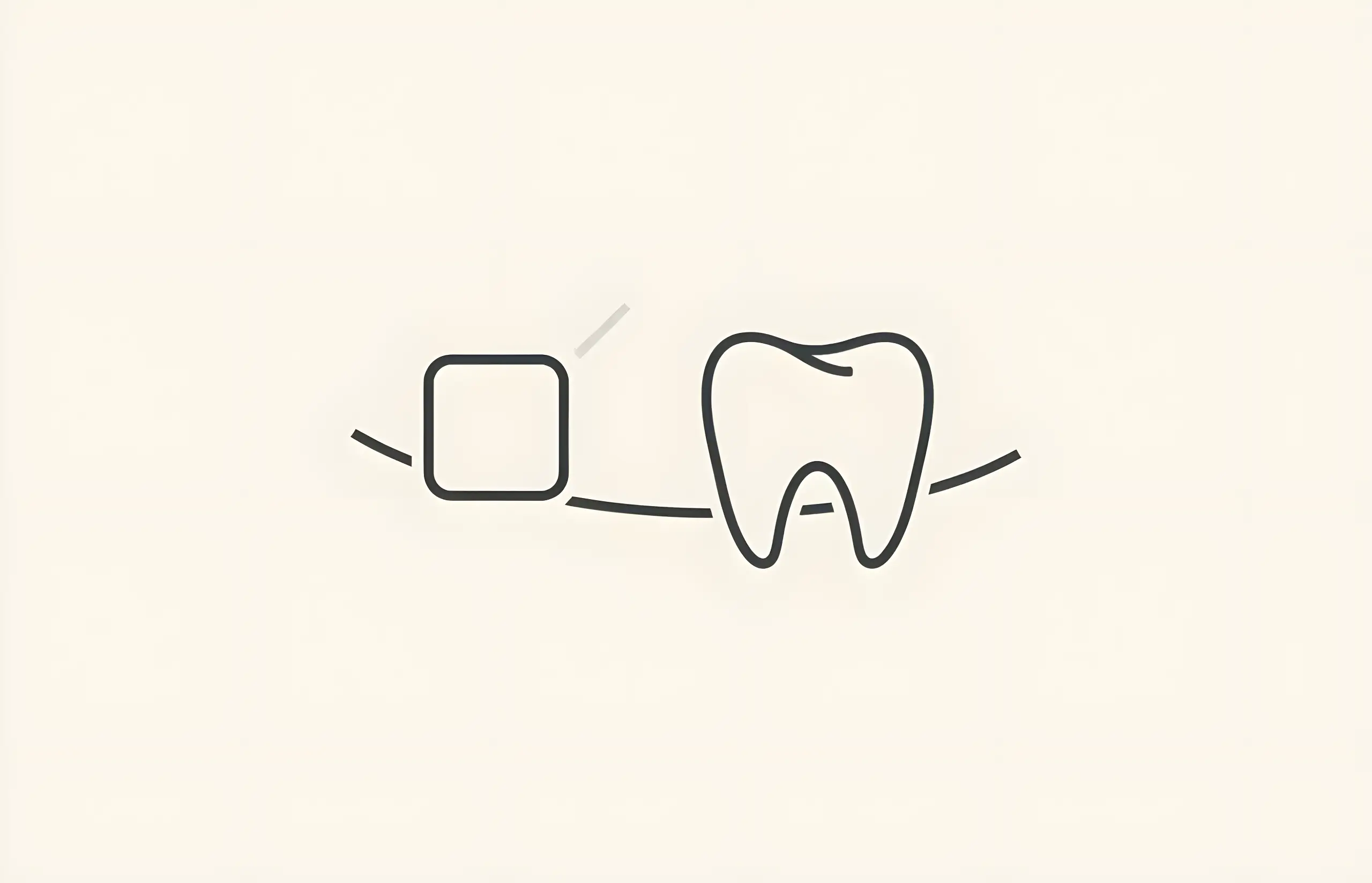
Can You Get Veneers With Missing Teeth?
Complete guide to veneers and missing teeth including why veneers cannot replace missing teeth, treatment limitations, and effective tooth replacement options
About The Dental Guide
The Dental Guide is a trusted online resource providing evidence-based information about dental health, treatments, and procedures. Our content is created and reviewed by qualified dental professionals to help you make informed decisions about your oral health.
Our Mission
- Evidence-based dental information
- Expert-reviewed content
- Clear, accessible explanations
- Latest treatment options
- Patient-focused guidance
Editorial Standards
- GDC-registered dental professionals
- Peer-reviewed sources
- Regular content updates
- Medical accuracy verification
- Transparent authorship
Important Notice
The information on The Dental Guide is for educational purposes only and should not replace professional dental advice. Always consult with a qualified dentist for diagnosis and treatment recommendations tailored to your individual needs and circumstances.
Medically Reviewed
Reviewed by Dr. Nasim Mechoui , BDS (Bristol)
Share this article
Comments & Discussion
Have questions about dental implants? Share your thoughts or experiences.
